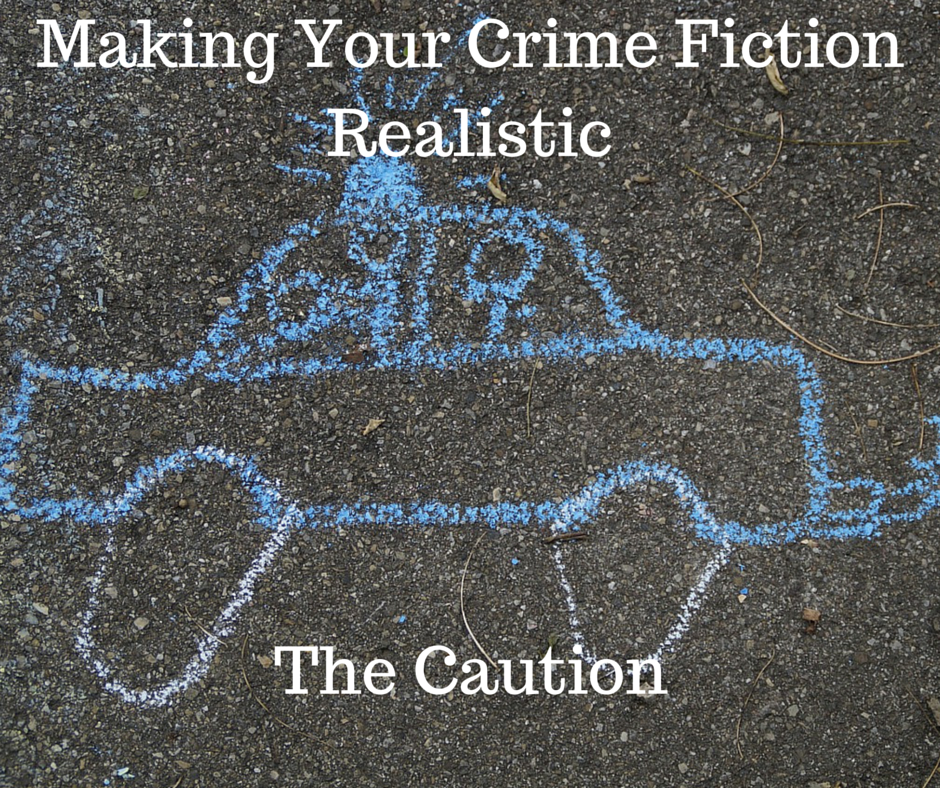This is part of the writing crime/policing series for UK based police facts and this post was prompted by another question I was asked by a friend who writes crime.
When someone is brought in for questioning with no evidence (as in you are still gathering and you ask them to help with your enquiries at the station) are they under caution and can they leave at any time?
I think the best way to answer this is in two parts. As I said last time, I don’t want to give too much information at once and confuse the situation, so today, I’m going to simply say this scenario would be a voluntary interview, which I will cover next week. But, with a voluntary interview, you would still need to caution the person you are talking to, otherwise, anything they say is not going to be admissible in a court of law.
Now, if you’re writing crime, you may not write a caution at all, simply choosing to have that part ‘off stage’ or you could zone in for part of it, but so you know it, this is the full British caution.
And by the way, there are two!
There is the caution you give when you are questioning and then the caution you give when you are charging. The caution on charge is identical apart from one word. I’ll show you both and explain the difference.
For Questioning:
You do not have to say anything, but it may harm your defence if you do not mention, when questioned, something you later rely on in court. Anything you do say may be given in evidence.
On Charge:
You do not have to say anything, but it may harm your defence if you do not mention, when questioned now , something you later rely on in court. Anything you do say may be given in evidence.
Notice the change in word? The reason for this, is when charging, you have made the decision that you have enough evidence to charge so you can no longer go back and question your offender. So they aren’t going to be questioned and if s/he makes comment when you read out the charge to them, you can make a note of that comment because you have cautioned them, but it’s the correct caution because of the change of word.
See if you pick this up in crime dramas from now on! I did notice the correct caution used on charge in Happy Valley in the last series. I think they’re pretty good at getting their facts straight for dramas now, but you’ll be looking for it now you know!
Let me know in the comments if there are any questions or topics you want covering in this series. Next week I’ll cover the voluntary interview scenario.
You will find the rest of the series Here.
Rebecca Bradley is a retired police detective who now writes the DI Hannah Robbins crime novels set in Nottingham, UK.




Well that is something I will be looking out for Rebecca – I never knew that there were two different cautions. It had also never occurred to me before conversing with RC Bridgestock that dramas like Happy Valley employed consultants to ensure the facts were right.
Yes, one of the panels at Harrogate a couple of years ago was the Luther panel and as well as having a couple of the actors and the writer there they had the police consultant on the panel. But, it’s interesting watching these things when you know the details to see how interested they were in getting details right. Most of the time they are now. Otherwise what’s the point in having consultants?
Thanks for this. It’s very helpful.. I do have a couple of queries if I’d love to know the answer to:
If someone is arrested and kept in prison, where do they go? Are there special prisons for them or do they go into the general prisons – eg. where would someone who committed a crime in Cumbria go? I’ve guessed Preston.
If this prisoner is visited, would they be in a huge room with other people being visited? Or ? and would there be a set time for this visit?
I’ve tried to slide over these questions in the book I’m now writing, but it would be good to know! Thanks, Pam
I’ll look at doing a post on Prisons, Pam. One that covers these points.
Oooh, that’s intriguing – and no, I hadn’t noticed the difference previously, although I did know it by heart. The British caution is also a bit different from the US Miranda, isn’t it? I wonder what it’s like in French… (off to do research!)
It’s completely different to the US Miranda which I vaguely know but only if someone starts saying it first! I certainly couldn’t tell you the French!
This is really fascinating, Rebecca – and thanks. And of course, cautions are such an important part of the interview/charging process. It is a bit different to the US procedures, but both have to be done exactly correctly if you want a chance of making a case against your suspect. And for crime writers, I agree that it’s important to get it right..
They are so important in the real world. If you don’t use it then everything said is completely inadmissible.